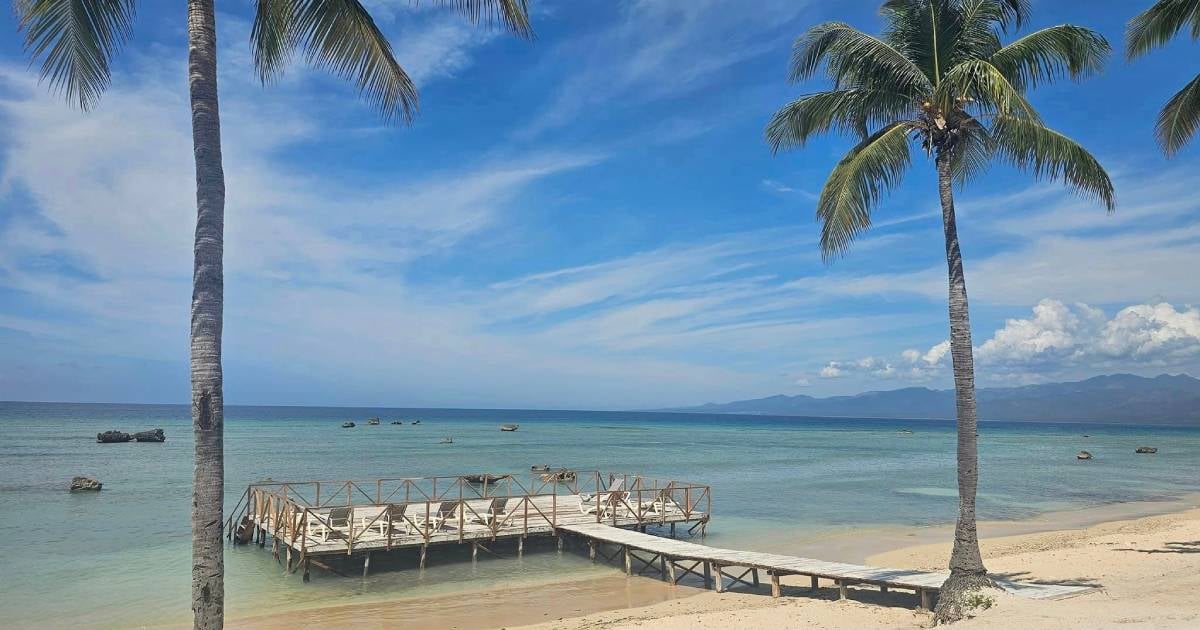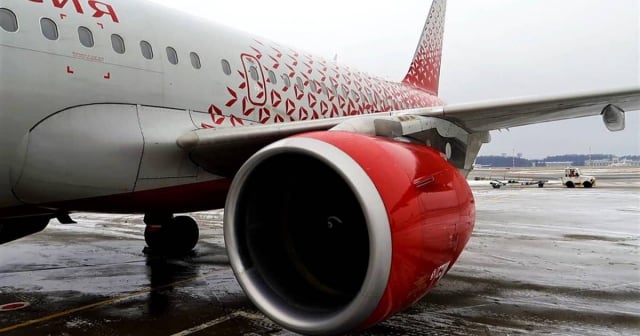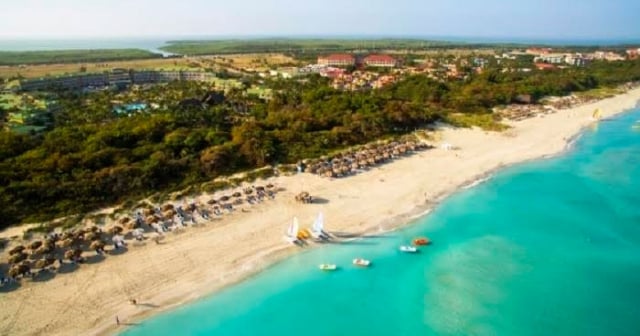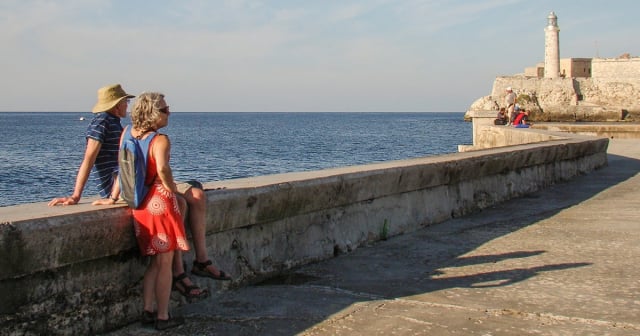
The Cuban tourism industry is experiencing one of its biggest crises, marked by a sharp decline in international tourists from key markets such as North America, Spain, Germany, Mexico, Argentina, and Colombia.
The slight increase in visitors from Portugal and Russia is an exception amidst a chronic tourism crisis on the island.
According to data from the Travel And Tour World portal, from January to October 2024, tourist arrivals in Cuba decreased by 48.23% compared to 2019, the last year before the pandemic.
This collapse has severely impacted the sector's revenues, which fell from generating $3.185 billion in 2019 to just $1.216 billion in 2023, a reduction of 61.82%.
American tourists, who in 2019 constituted a significant segment of the industry, decreased from 452,835 to 118,038 in 2024, marking a decline of 73.93%.
Europe was not left out: Spain, Germany, and other traditional markets also recorded significantly lower figures.
Tourism from Latin America also decreased sharply, with fewer arrivals from Mexico, Argentina, and Colombia.
In contrast to the general trend, visitors from Portugal and Russia showed a slight increase, although it was insufficient to offset the losses. This rise was driven by bilateral agreements and increased air connectivity.
The crisis in tourism in Cuba is attributable to structural factors:
- Infrastructure issues: Frequent power outages, inadequate transportation, and a declining healthcare system deter travelers.
- Regional Competition: Destinations such as Cancun and Punta Cana attract tourists with superior services, greater safety, accessibility, and more appealing package prices.
- Poor management: Ineffective investments by GAESA have prioritized hotel infrastructure, neglecting essential sectors such as agriculture and electricity generation.
Additionally, the exit of key airlines such as Touristik Union International (TUI) and Sunwing Vacation has drastically reduced air connectivity with Cuba.
In addition to all this, there has been a reduction in trips from the Cuban diaspora, which has had a significant impact. Historically, these travelers have contributed to domestic tourism, but many now prefer alternative destinations such as Punta Cana or Cancún, where they can invite their relatives.
The Cuban government faces a monumental challenge in revitalizing tourism. They must diversify their economy and foster relationships that attract airlines and tour operators, but for years they have been focused solely on building hotels that remain empty, incurring significant costs for the country amid the ongoing crisis.
Frequently Asked Questions about the Tourism Crisis in Cuba
What is the current situation of tourism in Cuba?
Tourism in Cuba is in crisis due to a significant decline in the arrival of visitors from key markets such as North America, Europe, and Latin America. Despite some increases in tourists from Portugal and Russia, the total numbers remain well below pre-pandemic levels.
What factors are contributing to the decline of tourism in Cuba?
The crisis in tourism in Cuba is due to infrastructure issues, regional competition, and poor management. Frequent power outages, inadequate transportation, and a deteriorating healthcare system dissuade travelers.
How has the tourism crisis impacted the Cuban economy?
The decline in tourism has had a significant impact on the sector's revenue, which has dropped from $3.185 billion in 2019 to just $1.216 billion in 2023.
What measures is the Cuban government taking to reactivate tourism?
The government is trying to address structural issues and foster relationships that attract airlines and tour operators. However, the lack of a clear strategy and the prioritization of investments in tourism over other essential sectors complicate recovery.
What impact does the energy crisis have on tourism in Cuba?
The energy crisis in Cuba negatively impacts the tourist experience, with frequent power outages and shortages in hotels. Generators have been installed, but they have not been sufficient to counteract the negative perception among tourists.
Filed under:






